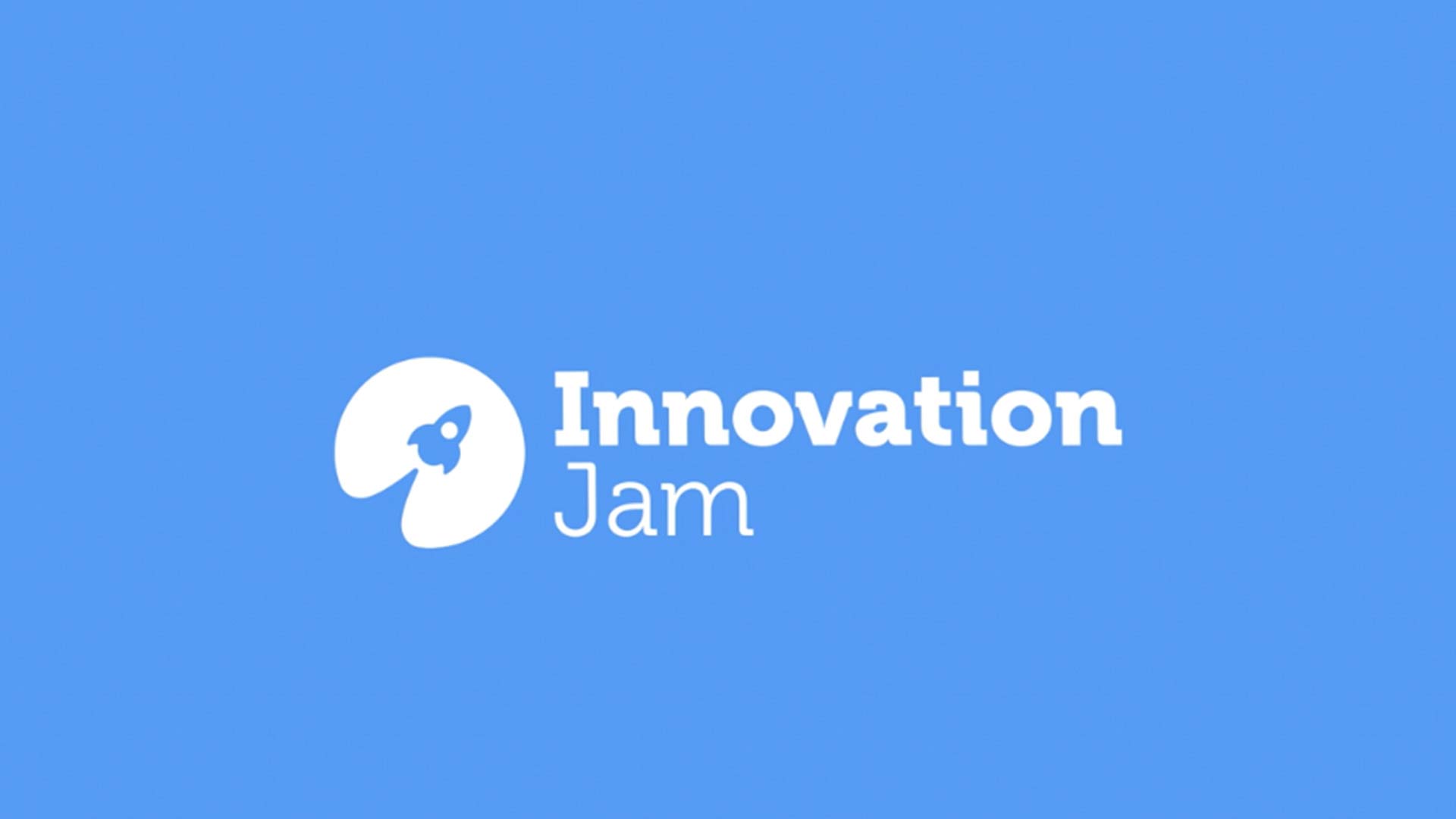
Innovating in ed-tech: improving RMIT from within
Early this year, RMIT Activator launched the Innovation Jam (IJ) – a 12-week program that fosters innovation from within the University.
The Innovation Jam pilot supported competitively selected innovation projects from the College of Business and Law (COBL), aimed at accelerating the growth of the College, particularly in its Ed-tech capability.
The projects were varied in scope and scale, but had the same outcome in mind: improve the College’s performance in a particular area, and by doing so, create better outcomes for RMIT students.
The Innovation Jam cohort featured academic staff members who experience first-hand the challenges in delivering high-quality education, and were key to creating the positive change within the college.
“We were constantly reminded to engage our end-users – teachers and students – during solution development as this provided excellent ideas for improving our designs,” said lecturer, Dr Gerrit de Waal.
Academic and Course Coordinator, Hisham Attia said that the experience taught their team how to take risks and deeply examine the concepts of product design from alternative perspectives.
“With the added challenge of devising new ways to adapt to the COVID19 restrictions, we had to be agile and creative,” said Hisham.
“Overall, we’re grateful to be part of this transformative experience.”
An overview of the innovative initiatives
From A.I powered dashboards to gamified learning, here’s a quick overview of the Ed-tech projects being supported at the Innovation Jam and implemented by COBL:

Innovation Jam at RMIT
The College of Business and Law collaborated with RMIT Activator to run a 12-week course to develop innovative e-tech ideas into products for the university to implement. Here's how the participants found the course.
Intelligent e-learning platform with a “born-global” business model
This online learning platform will commercialise the Shared Learning Repository that is developed by a team of academics from the School of Accounting, Information Systems and Supply Chain (AISSC) and the School of Management (SoM). Under this model, educators no longer deliver lectures, but are still responsible for the design of curricula, assessment items, coordination, and other associated challenge-based activities. Read more.
Academic AI Mentor (AAIM) Dashboard
The AAIM dashboard aims to relieve academics from the repetitive task of creating teaching and learning support resources such as case studies, presentations and quizzes.
It will integrate into a range of L&T systems, such as the course guide editing systems (CAPS) and the learning management system (CANVAS) and provide a gateway to a shared learning repository, where resources can be easily viewed and processed as bite-sized chunks. Read more.
Integrated Virtual Assistant (IVA)
The IVA is a personalised communication solution to improve efficiency and to enhance student wellbeing. It aims to cut back the waiting time for students and lecturers to receive and give feedback.
IVA has a predecessor in the form of Aiila (Artificial Intelligence Integrated Learning Assistant), a highly popular prototype developed for the Commercial Law course with around 1,300 enrolments in Semester 1 2020. Read more.
Project LOTUS
The beginning of university life can be a scary time for all – let alone international students. Project LOTUS is a program tailored for prospective international students and their parents, with the aim of building a strong sense of belonging before they study.
Both students and parents can enrol into LOTUS, which promotes an awareness of support available, overview of RMIT policies, resources to encourage healthy scholarly habits, social communities they can join and participation in industry events. Read more.
Project Firelight: Re-imagining Immersive Learning
Firelight rediscovers the vital importance of story to education by linking the power of technology with rich multimedia and storytelling techniques to create a new way of learning.
Game design is used to create an interactive storytelling platform that re-imagines how a student can retain information.
Firelight was piloted as a way of helping law students learn and understand certain concepts through storytelling, where a branching scenario prototype tells the story of a young personal trainer suing a surgeon for medical negligence. Along the way, the user is introduced to complex characters and has to make decisions based on current knowledge and emotional intelligence. Read more.
Stay tuned for more updates on how COBL plans to support the implementation of the projects, the next phase of this innovative model of improving RMIT. If you’d like to collaborate with RMIT Activator in the future, email hello.activator@rmit.edu.au for any enquiries.


Acknowledgement of Country
RMIT University acknowledges the people of the Woi wurrung and Boon wurrung language groups of the eastern Kulin Nation on whose unceded lands we conduct the business of the University. RMIT University respectfully acknowledges their Ancestors and Elders, past and present. RMIT also acknowledges the Traditional Custodians and their Ancestors of the lands and waters across Australia where we conduct our business - Artwork 'Sentient' by Hollie Johnson, Gunaikurnai and Monero Ngarigo.
More information